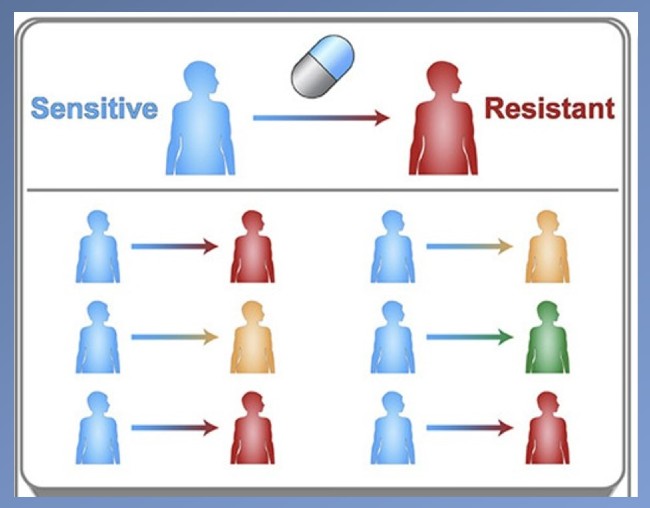Up to 3 in 20 people with chronic kidney disease do not know the cause of their disease. And some people may be diagnosed with the wrong cause of their illness. Knowing the cause of your kidney disease can help you and your healthcare team create a personalized plan to help you manage your disease.
Many kidney diseases have a genetic cause, ranging from more common conditions such as polycystic kidney disease (PKD) to rarer disorders such as Fabry disease. Identifying whether there is a genetic cause is crucial, as it helps provide a more accurate diagnosis and ensures that the treatment you receive is tailored to your specific condition. Additionally, this can help you understand the progression of your disease over time. For example, some forms of kidney disease can worsen quickly and lead to kidney failure, and others affect the kidneys at a slower rate. This will help you prepare for treatment options for your illness.
Genetic testing can also help you understand your family history of kidney disease. Half of your genes come from your mother and half from your father, and they may have passed on a genetic variant that causes kidney disease. Genetic testing can give providers more information about how the disease may be inherited or passed from one generation to the next. Many patients find this information useful, especially for family planning.
Genetic testing may also help you determine if you are eligible for a clinical trial. Clinical trials are research studies that study the effectiveness of new treatments. Clinical trials can help you learn more about your disease and gain access to new, possibly effective treatments or medications available only to those who participate in the trial.
Genetic testing is a useful tool to understand why you have kidney disease and can guide providers in their treatment decisions.



